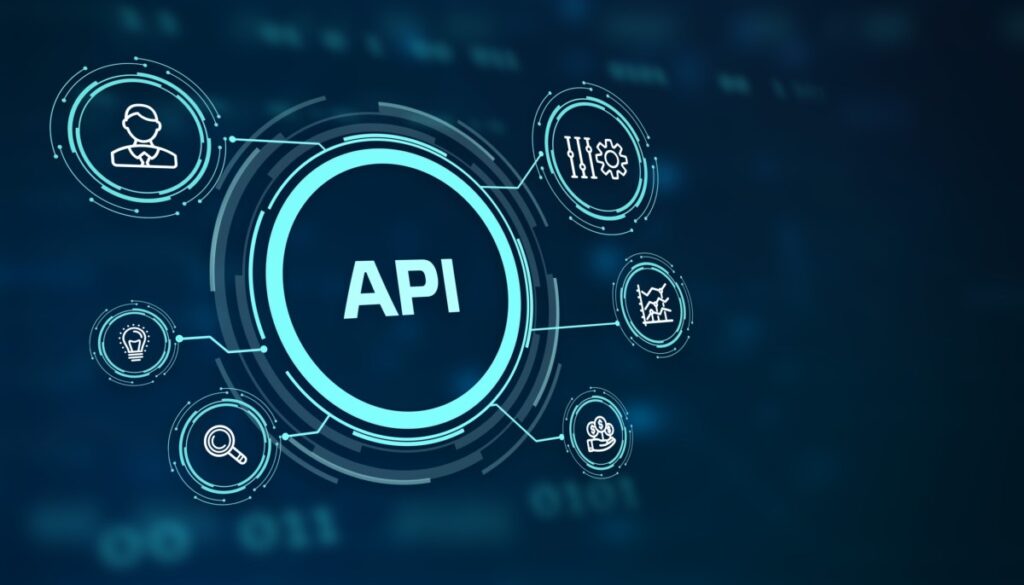[ad_1]
Nokia, the company that once was the biggest mobile phone company in the world, has made an interesting acquisition in its bid to be a bridge between the adjacent but very different worlds of tech and telecoms: it’s acquiring Rapid, formerly known as RapidAPI, a provider of an API marketplace, which it will be integrating into a platform it’s building to help 5G operators open their networks to more developers.
Terms of the deal are not being disclosed in the deal announcement. Rapid was once valued at $1 billion and counted as many as 4 million users tapping into some 40,000 APIs, but the companies are not disclosing Rapid’s active users as of today except to note that it is a number in the “thousands.” As Nokia is publicly traded, they may come through in a future filing.
The landscape for technology has shifted drastically over the last couple of years, especially for later-stage startups finding it hard to meet the lofty forecasts they had set to raise big rounds. (Rapid $1 billion valuation came out of a funding round in 2022.) It’s very likely that whatever business models and forecasts Rapid had for building a business around APIs changed with it.
Rapid’s founder Iddo Gino (who started the company aged just 17 in 2015), stepped down as CEO in April 2023, and in the weeks following it saw at least two major rounds of layoffs that reduced headcount by 82% (cue headlines of the company’s “Rapid descent.”).
Rapid, based out of San Francisco, had raised nearly $273 million in venture funding from big-name investors that included Andreessen Horowitz, Microsoft and SoftBank, among others.
It’s not clear how many people are actually at Rapid as of now, nor how many would be joining Nokia in the deal. Nokia’s statement emphasises product more than people, noting that it is acquiring “technology assets, including the world’s largest API hub used by thousands of active developers globally, and its highly skilled research and development unit.”
For Nokia, the acquisition is an interesting and slightly ironic turn given the Finnish company’s history as a pioneer in the world of mobile.
Back in the 1990s, Nokia set the pace for building mobile networks around the world, and it became the world’s number one maker and brand in mobile handsets. But in the 2000s, it missed the boat in the shift to smartphones, a charge that was taken by Apple and Google (and Samsung and the hundreds of others building on Google’s Android operating system). Some argued that a large part of Nokia’s failing was its inability to build an extensible ecosystem for apps, and third parties. So it’s interesting that it’s now seeng a place for itself as an enabler for carriers and telco vendors to interface better with the world of tech.
Specifically, Nokia sees an opportunity to have a crack at this space in the wake of 5G deployments. Carriers, they say, are looking to get more third parties building applications and other services on these networks, and they have launched a new “Network as Code” platform to that end. Rapid’s API framework will exist as part of that initiative. Nokia said that carriers and other service providers signed up to the platform include BT, DISH, Google Cloud, Infobip, Orange, Telefonica, and Telecom Argentina and 20 others.
[ad_2]
Source link

